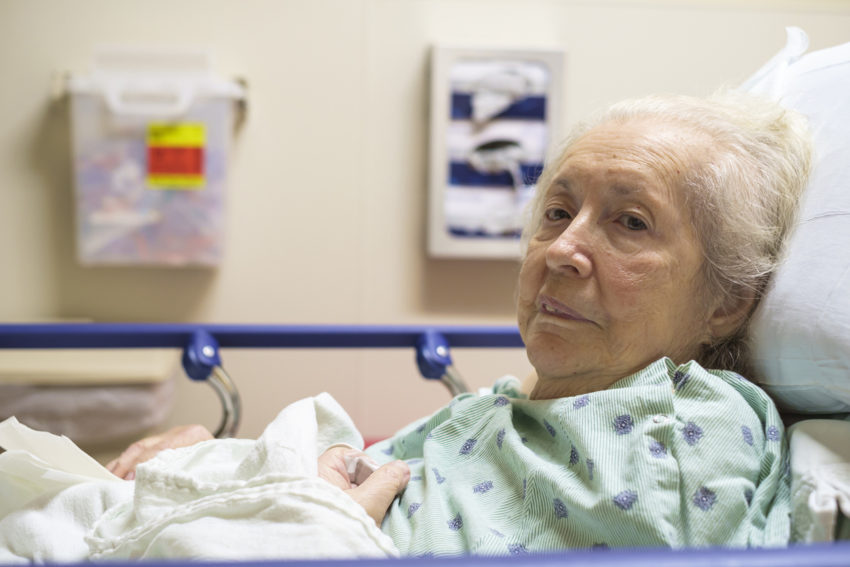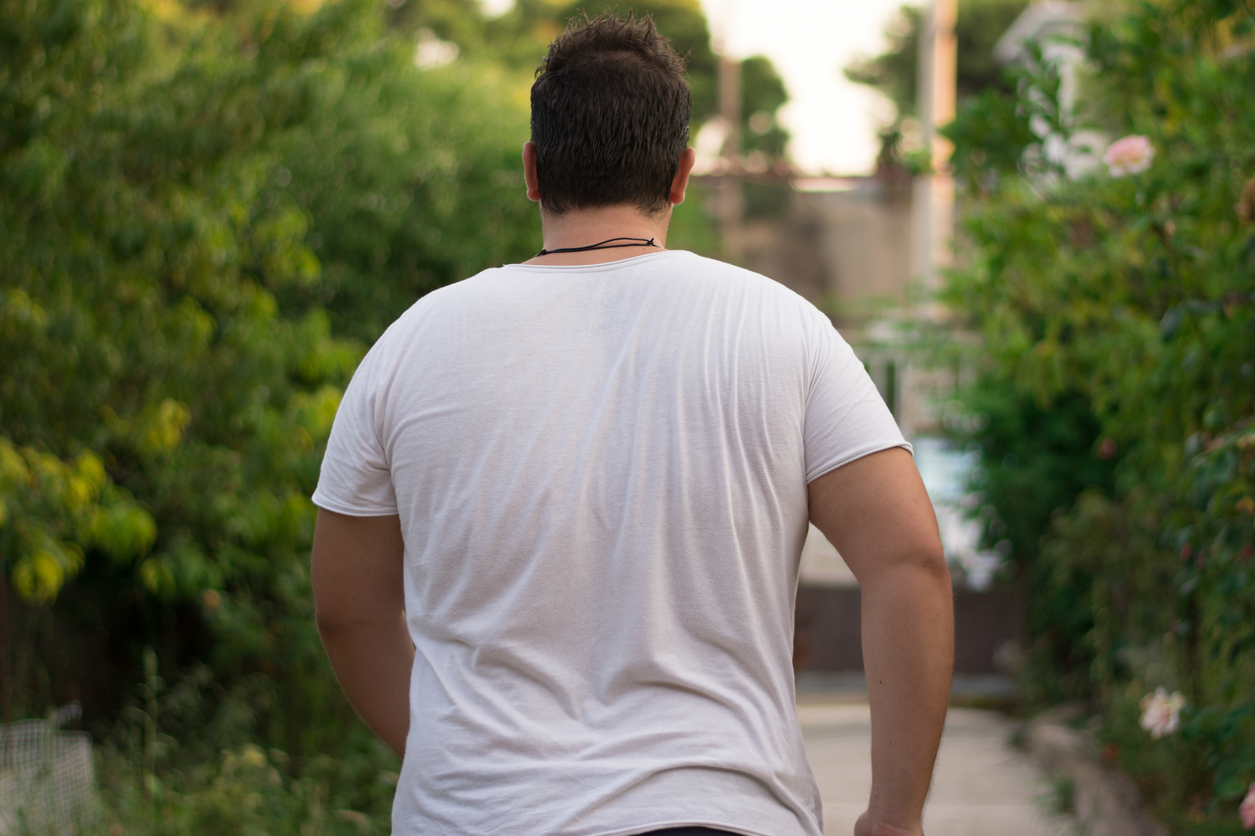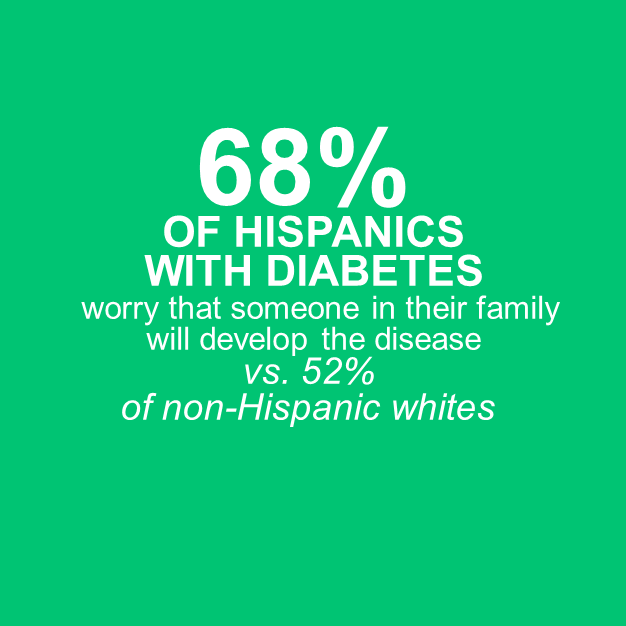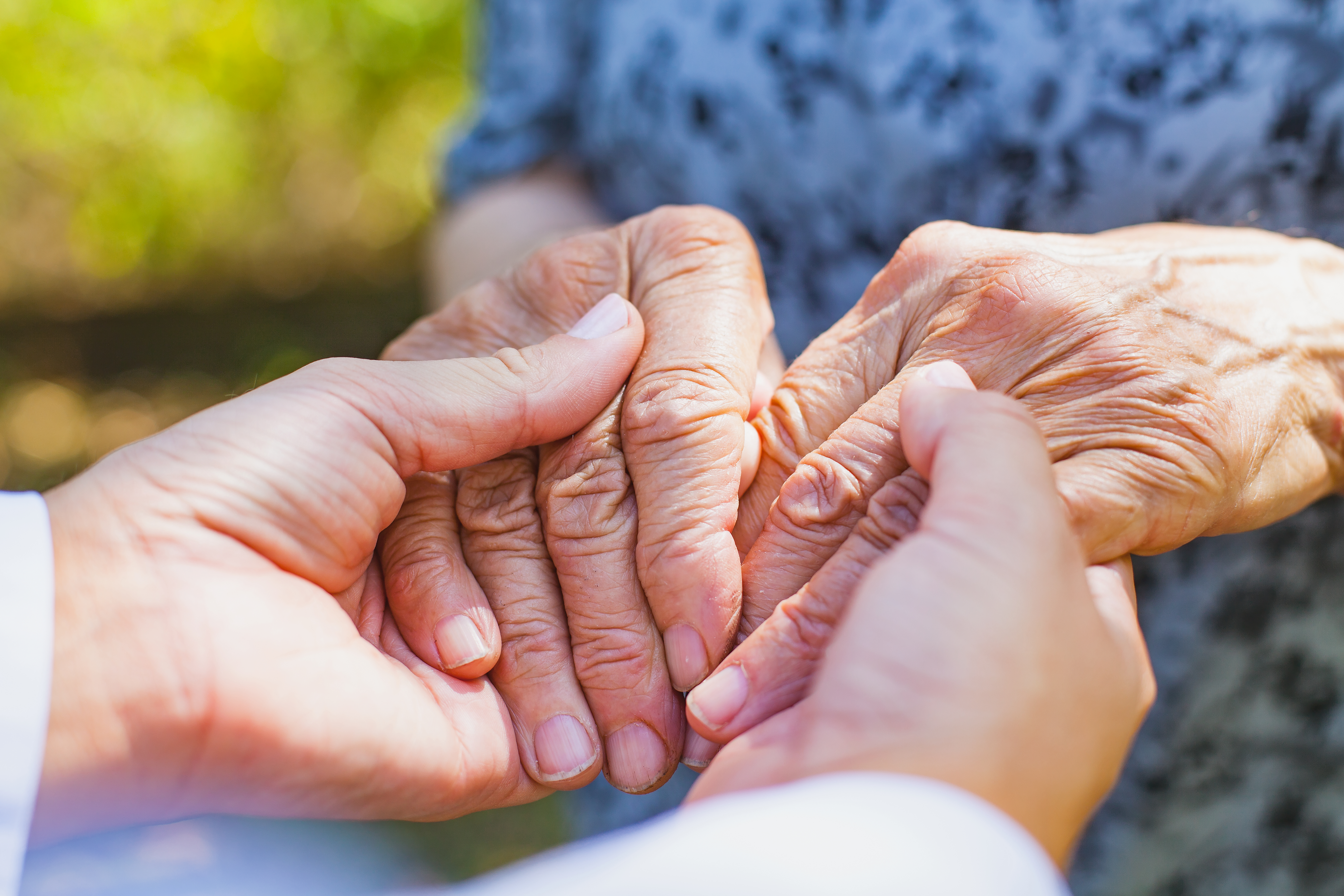
Share On Social!
We know that older adults with underlying health conditions are most vulnerable to the worst effects of coronavirus.
New data show that 10% of COVID-19 patients with diabetes die within one week of being hospitalized, according to a French study in the journal Diabetologia. Most hospitalizations are men and older adults (average age 69.8).
The study also found that each increase in body mass index (BMI) is associated with an increase in the risk of intubation and/or death in the 7 days following admission for COVID-19, Dr. Samy Hadjadj told Medscape Medical News.
“Before [this study] it was, ‘all diabetes [patients] are the same.’ Now we can surely consider more precisely the risk, taking age, sex, BMI, complications … as clear ‘very high-risk situations,'” Hadjadj said. “So let’s target this population as a really important population to keep social distancing and stay alert on avoiding the virus.”
How Does This Coronavirus Study Impact the U.S.?
The United States has one of the highest obesity rates in the world.
People who have overweight and obesity are more likely to suffer from high blood pressure, high levels of blood fats, diabetes and LDL cholesterol, heart disease, certain cancers, and other health problems.
 These underlying conditions then increase risk for severe cases of coronavirus.
These underlying conditions then increase risk for severe cases of coronavirus.
Some researchers say obesity is one of the most important predictors of severe coronavirus illness, especially among young patients, according to a recent study.
The new study adds to this link.
“BMI also appears as an independent prognostic factor for COVID-19 severity in the population living with diabetes requiring hospital admission,” the researchers said. “The link between obesity and COVID-19 requires further study.”
Why Does This Coronavirus Study Matter to Latinos?
U.S. Latinos are more likely to have obesity and/or diabetes than the overall population.
Latino children and Latino adults have much higher obesity rates than their peers. Latinos also have far higher rates of diabetes (16.9%) than the overall United States (9.3%). In fact, 1 in 2 Latinos is at risk for developing type 2 diabetes during their lifetime.
 Latinos are also more likely to experience complications and death from diabetes.
Latinos are also more likely to experience complications and death from diabetes.
Experts add that, combined with preventive education, policies and environments need to change to increase access to and availability of options for healthy eating and exercise.
The COVID-19 outbreak adds to the problem and contributes to Latino disparities in health and wealth.
Hence, in addition to developing equitable practices in testing, tracking, and treating COVID-19, local and state leaders must develop programs to fix the long-term social, economic, and health inequities.
Coronavirus Disrupts Diabetes, Cancer Care
Also, the World Health Organization (WHO) found that coronavirus has partially or completely interrupted health services for people with diabetes, cancer, and other non-communicative diseases.
- more than half (53%) of the countries surveyed have partially or completely disrupted services for hypertension treatment;
- 49% for treatment for diabetes and diabetes-related complications;
- 42% for cancer treatment; and
- 31% for cardiovascular emergencies.
The coronavirus lockdown also has cancelled many important health appointments.
This adds to the burden of caregivers, who often experience worse health outcomes than the person they’re caring for. Many studies show that Latino caregivers for patients with Alzheimer’s Disease deal with high levels of stress, anxiety, and depression.
At least 1 in 3 U.S. Latino households has at least one family caregiver. This number will continue to grow as many Latinos face higher risk for chronic disease, such as Alzheimer’s, diabetes, and certain cancers.
Learn more about the coronavirus pandemic and its implications on health.
Explore More:
Healthcare AccessBy The Numbers
142
Percent
Expected rise in Latino cancer cases in coming years




